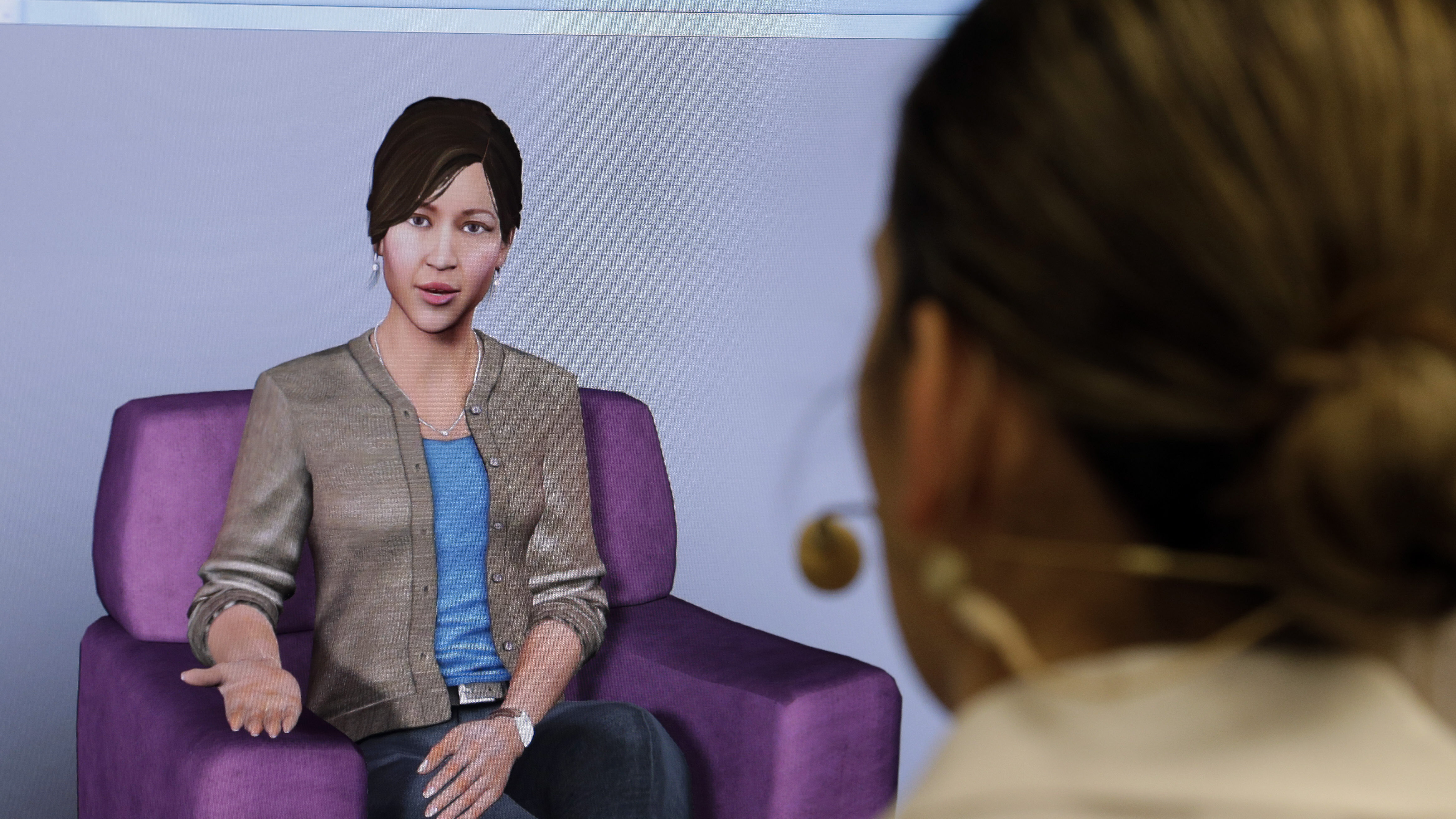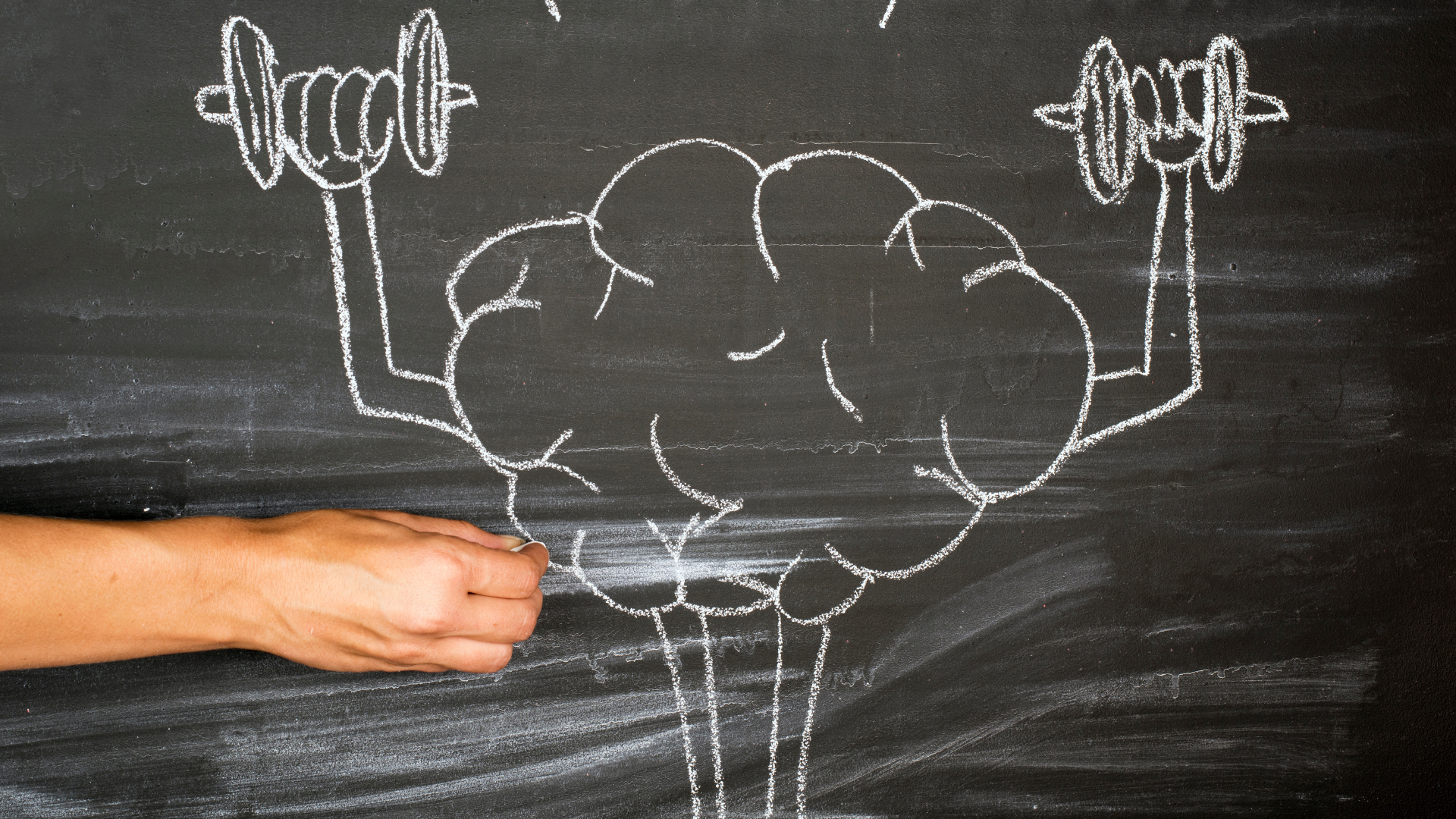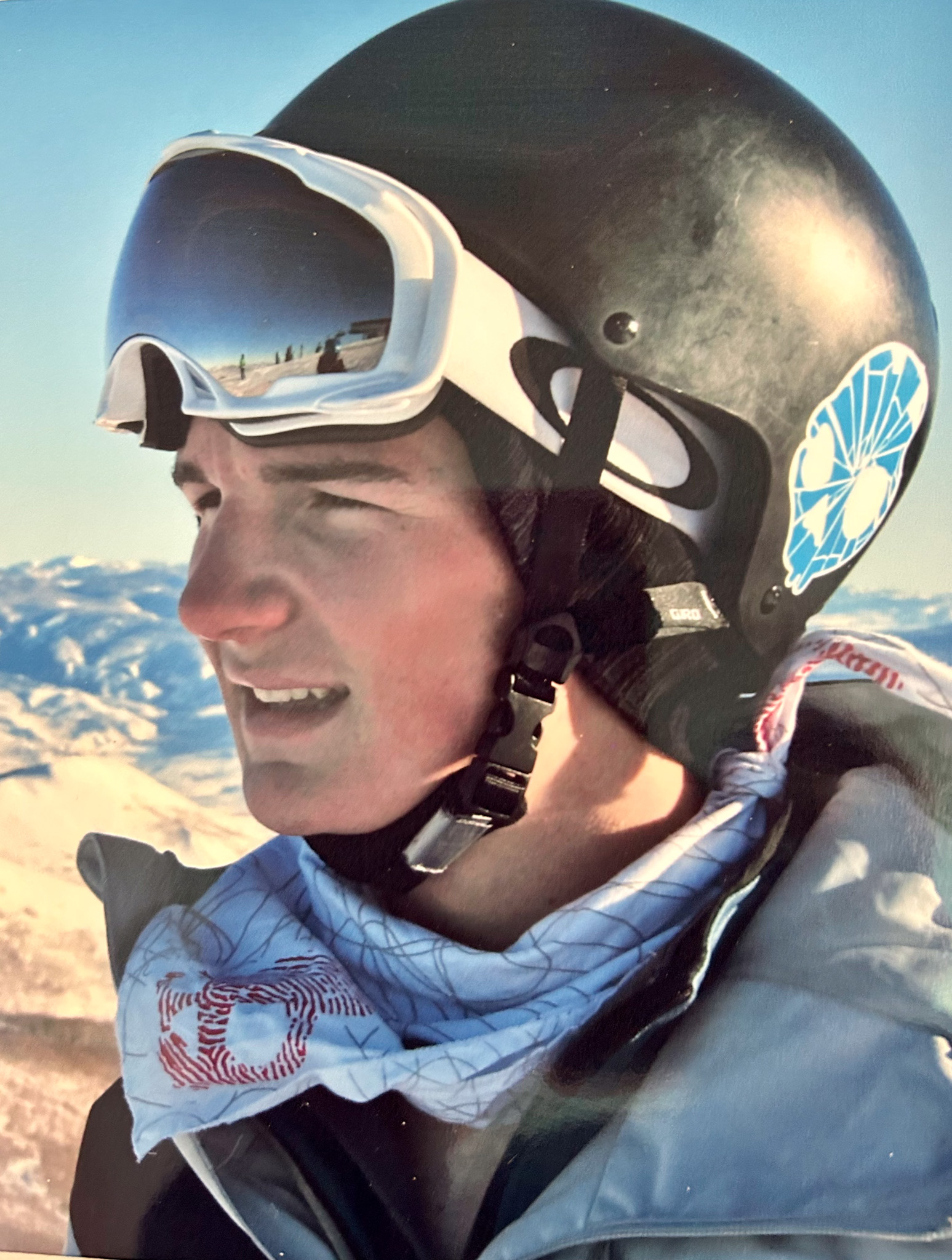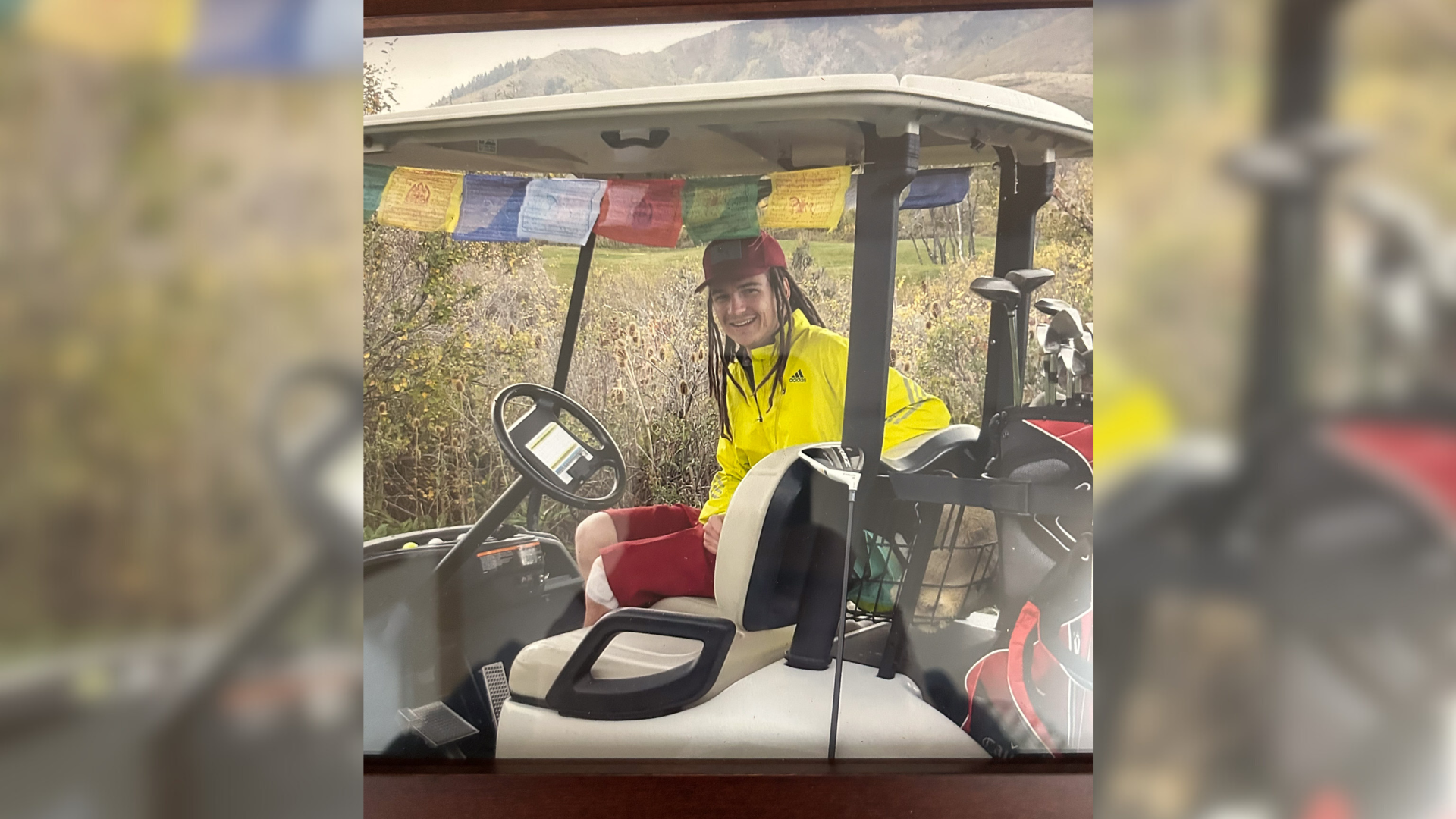Opioid addiction causes a Utah woman to spiral out of control
Oct 9, 2019, 2:04 PM
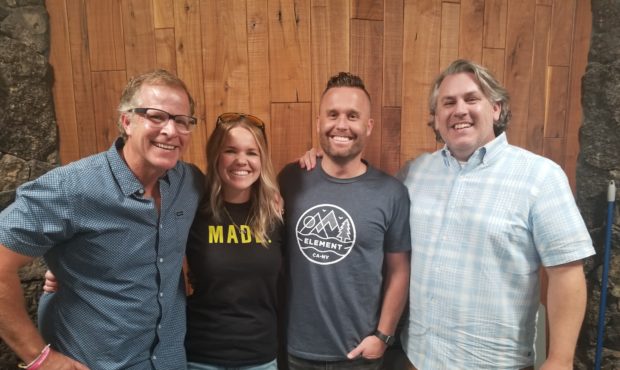
Lizzy and Brian Denkers join the Project Recovery podcast to talk about her descent into opioid addiction.
Lizzy was very physically active growing up. She ran track, played soccer, ran cross country, and was a cheerleader in high school. She excelled in college and attended Weber State University’s nursing program.
After her first year in the program, she met her now-husband of nine years, Brian. As she looks back now, there were no signs that her life was going to completely spiral into a dark abyss of deceit and lying. Until she became addicted to opioids.
The beginning of Lizzy’s mental struggles
“I’m the youngest of six and I grew up really normal. Very normal childhood, no trauma, no abuse. Nothing that I could pinpoint that would cause any sort of imbalance,” she said.
Her life was perfect, she said. She had worked hard to get where she was. Married, with a great job, friends and family surrounded her and the life she had created. If you looked deeper though, she said, you could tell something wasn’t right.
“We had some infertility problems. Which was really hard,” Lizzy said. “I was so defeated. I feel like it was the center of every emotion.”
Every conversation the couple had with friends and family began to revolve around the couple’s issues. Lizzy began to feel like a failure. She felt left behind. While her friends and family were having children, she was still not able to conceive.
Diving deeper into isolation
After years of infertility treatments, Lizzy and Brian were able to finally conceive. The couple was going to have a daughter. “I was so excited to be a stay-at-home mom,” she said. But just like so many women before her, she began to struggle with depression. Three weeks after delivering her daughter, she began to experience postpartum depression.
“I just felt so alone and isolated. I was going from working at the hospital, tons of people around me all day … to go from that to staying home all day … and I didn’t want people to see that I was failing,” she described.
She began to stay at home more and more. Lizzy became focused on spending her time with her husband and her daughter and that’s it. She would keep social interactions to a minimum and centered her life around her family. While the family was always a top priority, especially after the birth of their child, it began to push her to the brink of darkness.
Numbing the pain
Lizzy started taking pain relievers to help manage the pain. She intermittently took them when the pain became too much but stopped after the first week. Until three weeks later, she decided to take one after feeling down.
“I took that first one and it was like the world changed,” she described. “[I] could see color, I wanted to go out on a walk, I called my mom and talked to her forever. I went grocery shopping and got ready, which was a huge thing. I was just barely doing the bare minimum of taking a shower every day.”
Taking painkillers began to become the new normal for Lizzy. She started cycling through doctors, getting more pain medications to fuel her desire. In a matter of five months, she said, opioid addiction had already begun to set in.
Lizzy’s opioid addiction starts to flourish
Lizzy started to get nervous about her addiction. She thought that Brian might suspect something was wrong. So, she started to sneak around. She started stealing from friends’ and families’ medicine cabinets to fill in the gaps.
Opioid addiction began to consume Lizzy’s every thought. It was time for Lizzy to get help. So, that’s exactly what she did. Lizzy would eventually reach out for assistance from a therapist. She started to combat her depression with the help of anti-depressants.
Unfortunately, they weren’t ever enough to curb her addiction because she never fully committed.
“I definitely like the way pain medicine made me feel,” she said. “It was so immediate that I could be a good mom in thirty minutes versus 6 months from now.”
But after eight months of struggling with depression and addiction, Lizzy was finally ready to try to change her ways. She checked into Action Recovery Group, where she currently is employed, and began her steps towards recovery. She immediately got a job as a home health nurse after being released from jail thirty days later.
Unfortunately, Lizzy’s opioid addiction hadn’t gone away. She ended up stealing pain pills from one of the patients.
She had officially relapsed. Lizzy had begun taking pills from the company. She thought that she had found the perfect supply. Lizzy started to descend back into her addiction. Her life was set to continue spiraling downward until she was arrested for prescription fraud. Lizzy would spend the next six days in jail. This is where she would finally hit rock bottom.
“In jail, I made a suicide plan,” she said. “My rock bottom was incorporated with that.”
Lizzy begins to fight off her opioid addiction
After Lizzy was released from jail, she and Brian started attending meetings organized by The Church of Jesus Christ of Latter-day Saints to assist addicts who were struggling. They began to find the hope that they had lost after attending the twelve-step meetings. Together they began to rebuild their relationship and their family.
The two are now facilitators for recovery programs. Lizzy and Brian are focused on their family, Lizzy’s recovery, and spreading awareness surrounding opioid addiction.
To hear more from Casey Scott and Dr. Matt Woolley, you can listen below or subscribe to the ‘Project Recovery’ podcast on Apple Podcasts and be sure to check out the ‘Project Recovery‘ page on KSLTV.com.



